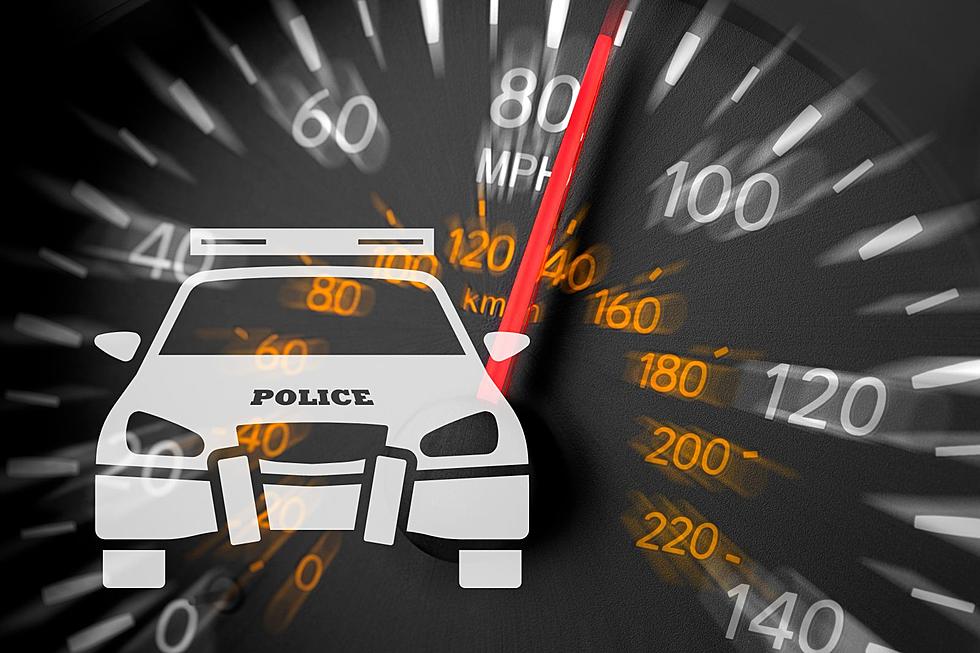
Bismarck Residents Should Prepare for Snow Removal Season
Bismarck Police Department tells residents to remove campers, trailers, and boats from December 1 through March 31, 2022.
The Bismarck Police Department gave residents a month's notice to remove campers, trailers, boats, and more from streets by December 1. Those who do not remove these items from the road by the deadline risk towing and hefty fines of $150 per day. There is a good reason for getting these things off residential streets - snow removal.
Winter is coming.
It may be in the 60s this upcoming weekend, and in the 50s next week, but winter is on its way into North Dakota. I even saw a few snowflakes falling when I was getting gas in Bismarck on Monday!
Thankfully, though, that "Bismarck Bubble" seems to keep us from getting snowed in too often. I am entering my second winter in Bismarck-Mandan, and my first winter here was one of the most glorious winters I have spent in the state - and I have been here through 27 winters!
What is winter predicted to look like this year?
While we can't possibly know exactly what the weather will be like this winter, the National Weather Service has some predictions about how things will be. If you take a look at the map below, you will see that western North Dakota looks like it could get colder than normal this year... I suppose that only makes sense because of the months-long scorching heat we endured all summer this year!
LOOK: The most expensive weather and climate disasters in recent decades
More From Hot 975









